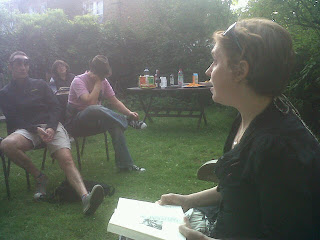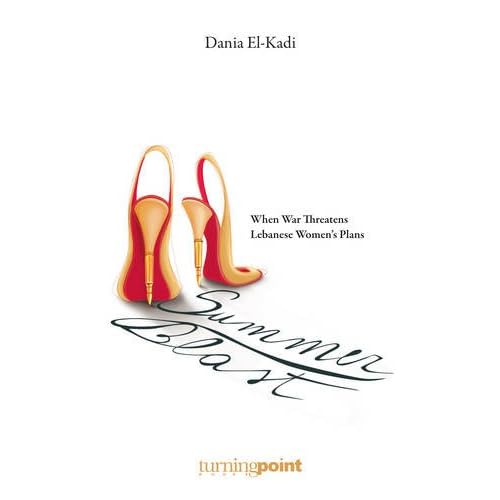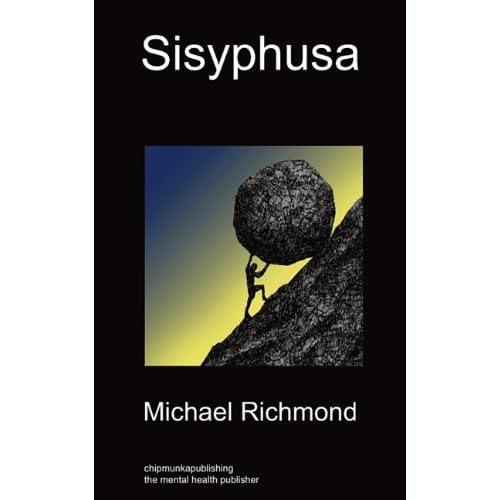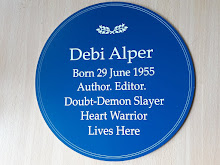Emily Wiffen joined the East Dulwich Writers' Group in September 2009. Very early on, she demonstrated her commitment to the group and to her own writing. The first time I met her was when she came to help sell the group's first anthology at our occasional stall in Northcross Road. It was hard enough to persuade people who had their work in the book to come and shiver in the cold. I didn't know it at the time, but it was typical of Emily that she should volunteer for this far from glamourous task.
Emily soon became one of the most regular attendees at meetings, reading from her work in progress, a novel titled Our Street. Most authors will agree that they have much in common with their main characters. It seems to me that this was certainly true for Emily. Her narrator, Isla, was a special eleven year old girl who was aware of the social sickness that afflicted the other people living in her street; only she noticed the battered child, the neglected pensioner ... The refusal of other adults to see what she saw frustrated Isla and she decided that, if no one else was taking any notice of what went on in their street, she would make it her responsibility. She would watch and record all the 'wrong' things she saw and confront the adults with her findings, forcing them to act. Isla's determination, her sensitivity, her sense of social justice, her desire to change the world for the better ... these were all qualities that were clearly innate in Emily's own character.
Emily on the left at the stall selling the second anthology
Reading at Carnegie Library in June 2011
Emily in her rightful place: front centre, holding the NAWG certificate
The last time I saw Emily was at an EDWG meeting in late September where, and how ironic this seems now, she told us she had worked out her book ended. At a street party, Isla, the child protagonist of Our Street, climbs up on a table and demands silence while she speaks. Once she has everyone's attention, she announces all she has seen during her investigations. Emily described a beautiful, redemptive scene in which people would first be shocked, then shamed and ultimately healed. Although she will never write this scene now, in her mind the book was complete and I am able to share the resolution she planned here. At times like this, there is a strange pattern to the universe.It was Emily who was handling the organisation of our most recent event as part of the Kirkdale Pop Up. On 26th November, six days after Emily had emailed with the latest information, I received an email from her father saying that Emily had been taken ill and was in intensive care. In spite of the appalling anxiety he and his family were dealing with, he was kind enough to stay in touch with regular updates. We allowed ourselves to be cautiously optimistic when he told us she had regained consciousness and was making slow but encouraging progress.
On 7th December, Emily's thirtieth birthday, her family read out her cards to her and I said we would wish to visit her as soon as she was strong enough. It was not to be. Last Saturday, her condition deteriorated and later in the week, we received the devastating news that on Tuesday morning, Emily died.
Under such circumstances, all words feel like platitudes and cliches and I haven't come close here to paying tribute to a talented woman who was warm, funny, compassionate, determined, supportive and sensitive; one of those rare people about whom no one has a bad word to say. It's so hard to express our shock and deep sadness and our hearts go out to Emily's parents and brother.
Rest in peace, Emily.
Emily reading at Telegraph Hill Festival in March 2011





















